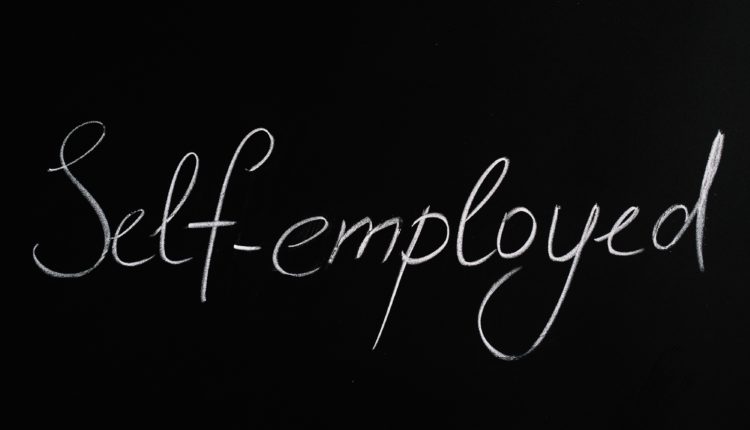COVID- changes to MIF
When the Department for Work and Pensions calculates your Universal Credit payment each month, in the recent past, they compared your real earnings with how much they expected you to earn each month – this expected amount is called your ‘minimum income floor’.
With the MIF suspended until April 2021, workers’ benefit payments will be based on actual earnings. The news is welcome for the UK’s self-employed given this segment of the UK workforce has been largely excluded or not considered as potential users of Universal Credit.
Now that the MIF is suspended, freelancers will be able to access Universal Credit, which will be for some the only means of support they will get as many have gone through their savings since the first Lockdown in March.
Universal Credit Basics
You could get Universal Credit if:
- you have less than £16,000 in savings
- you or your partner is under State Pension age
If you’re already getting tax credits, they will stop when you or your partner applies for Universal Credit.
You might be able to get Universal Credit at the same time as New Style ESA or New Style JSA. Depending on your circumstances, Universal Credit can include additional amounts for things like rent or the costs of raising children.
The amount of Universal Credit you’ll get will be based on your actual earnings. The minimum income floor won’t be used to work out how much you’ll get.
According to Citizens Advice, your work coach can remove or reduce your minimum income floor. Tell your work coach if you’re:
- staying at home because of coronavirus
- having trouble getting work because of coronavirus
Tell your work coach by making a note in your online account on GOV.UK.
The DWP take this into account when working out your Universal Credit payment.
If you’re applying for Universal Credit and need help making your claim, you can talk to an adviser.
Source: Citizens Advice
Does the MIF apply to you?
According to Citizens Advice, the minimum income floor will only apply if you’re in both:
- ‘gainful self-employment’ – this means being self-employed is your main job, you work regularly and expect to make a profit
- the ‘all-work-related requirements group’ – this means you’re expected to work or look for work
You’re not in the all-work-related requirements group if:
- you look after a child under 3
- you’re pregnant and it’s not more than 12 weeks until your due date
- you’ve given birth in the last 15 weeks
- you’re caring for a severely disabled person
- you’ve been assessed as having limited capability for work or limited capability for work-related activity
- you’re in full-time education
- you’re of pension age
- you’ve adopted a child and still in the first 12 months since the adoption
- you’re a foster parent of a child under 16
- you’re a carer for a friend of family member
- you’re under threat of domestic violence or recently have been
When the DWP says you’re in gainful self-employment, they won’t use the minimum income floor to work out your payments for 12 months. This is known as a ‘start-up period.’ You’ll only have a start-up period if you’re in gainful self-employment.
You won’t have a start-up period if either:
- the minimum income floor was previously used to work out your earnings for the same self-employed work
- you’ve already had a start-up period – for the same business or any other business you’ve had in the last 5 years
You’ll need to try to build your business up as much as possible during the start-up period. You can find out how to do this on GOV.UK
When will I get my first payment?
You’ll usually get your first Universal Credit payment 5 weeks after you apply, according to Citizens Advice.
“You can ask to get your first payment sooner if you’re worried you won’t have enough money to live on – this is called an ‘advance payment’.
The advance payment is a loan – the repayments get taken off your Universal Credit payments automatically until you’ve paid it back. Find out how to get an advance payment.”
Source: Citizens Advice



